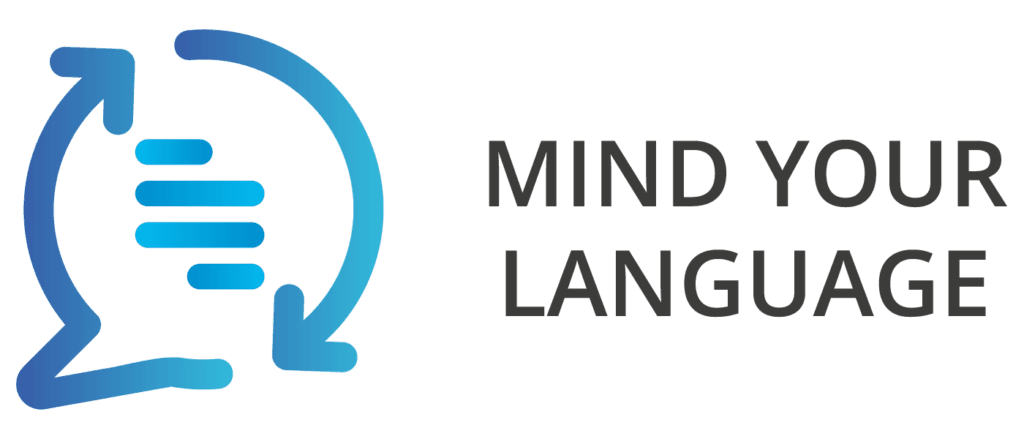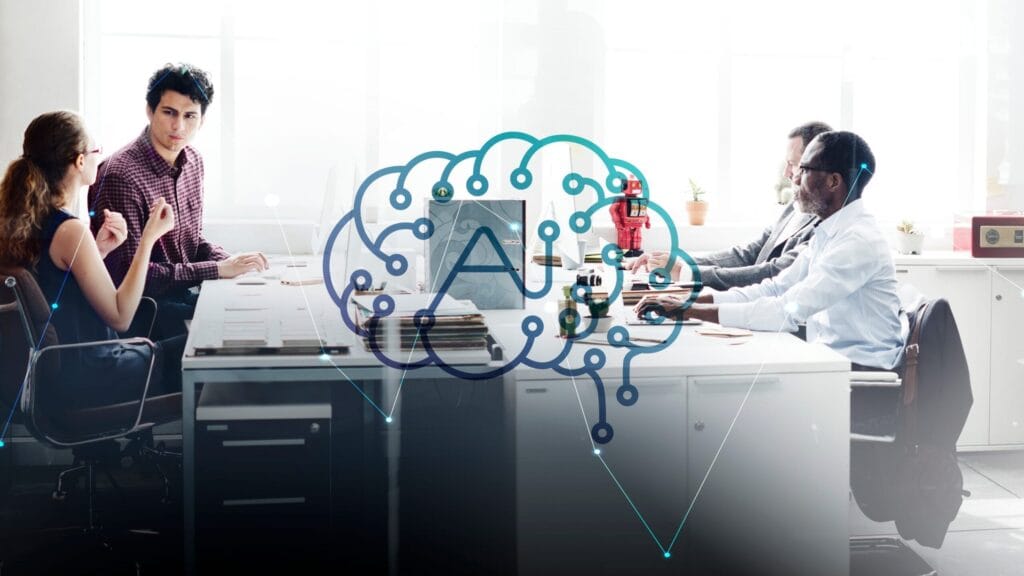In the fast-paced realm of global business, AI-powered business translation tools promise immediacy, but the intricate dance of corporate linguistics demands the discernment of a human translator.
While machine translation excels at sifting through vast troves of data, human translators excel where context and precision are non-negotiable. Consider the translation of business contracts or company financial reports—documents where every term carries weight and potential legal implications. A machine might render a technically correct translation, but it may fail to capture the essence of industry-specific jargon or the subtleties of contractual obligations. Human translators step in to ensure that the translated document is not only linguistically but also legally sound.
The nuanced expertise of human translators is not just an asset; it’s a necessity for AI calibration. They fine-tune AI outputs, blending technology with the finesse of human understanding to approach near-native levels of translation accuracy.
In the world of international business, where the precision of communication can affect partnerships and profits, human translators act as invaluable mediators. They ensure that financial disclosures, annual reports, and legal agreements retain their intended meaning across linguistic divides, safeguarding the company’s reputation and compliance.
The synthesis of AI and human expertise in translation is not just about achieving linguistic accuracy. It’s about preserving the integrity of business communication in a globalized market. As we harness AI’s potential, we must equally champion the human expertise that irons out its digital creases, maintaining the clarity and reliability that is the bedrock of business trust.
Anton Strydom
Technology Director

